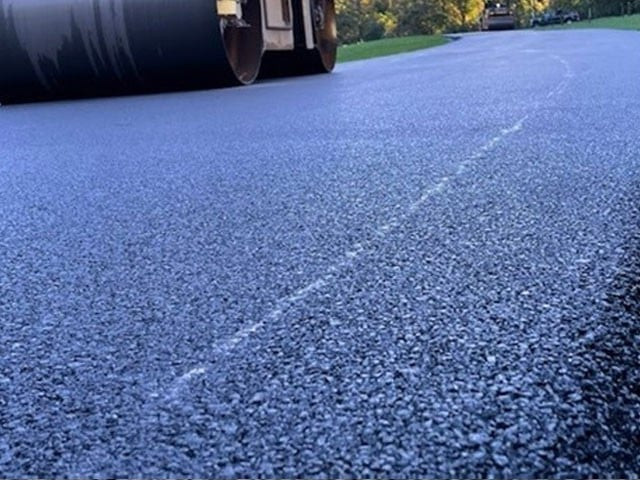Stakeholders for road infrastructure upgrade
Say if govt wants to adopt global rules, it should start with international standards for road infrastructure

Leading builders and exporters have urged that before hastily imposing the Axle Load Regime of the National Highway Safety Ordinance (NHSO) 2000 based on international rules, the government must prioritise building road infrastructure in compliance with international standards.
They made these remarks during discussions with The Express Tribune, reiterating that if the government is advocating for the adoption of international rules, it should also adhere to international standards for local road infrastructure as well.
Hanif Gohar, a leading builder and former chairman of the Association of Builders and Developers of Pakistan (ABAD), explained why industrialists are opposed to the Axle Load Regime (ALR), stating that its implementation would increase the cost of doing business, which is already beyond the reach of many entrepreneurs in the country. He highlighted that inflation has eroded consumers’ purchasing power, and the burden of transportation costs would ultimately be borne by end-users. Gohar stressed that rather than imposing the ALR, the government should focus on maintaining deteriorating roads. He criticised the government for shifting the responsibility to businesspeople due to its failure to ensure proper road infrastructure in the country.
He noted that local industries are already shutting down, and there is an additional burden on the pockets of businessmen due to rising transportation fares. He urged the government to formulate a business-friendly policy instead of further burdening and distressing the business community, which is already grappling with struggling enterprises.
The former chairman of ABAD remarked that in foreign countries, larger trailers carrying heavy loads traverse roads with excellent infrastructure, ensuring smooth travel for all stakeholders, including consumers, commuters, drivers, and businesspeople. However, he lamented that policies in our country are frequently changing.
Site Association of Industry (SAI), President, Muhammad Kamran Arbi criticised the government for adopting a unilateral approach without involving key stakeholders. He underscored that without a holistic approach that considers all perspectives, it will be challenging to successfully implement the policy.
Arbi highlighted that apart from the escalating import bill, implementing the ALR will lead to various consequences, including an increase in double goods vehicles, fuel costs, and tire expenses. He pointed out that many items incur higher transportation costs than the actual value of the goods being transported. Additionally, perishable items such as fruits and vegetables will have a shorter shelf life, as goods vehicles are permitted to transport goods from 11 pm to 7 am due to traffic congestion in the city, leading to potential spoilage. He noted that implementing the ALR would not bolster the struggling local automotive industry.
Conversely, another industrialist advocated for implementing the ALR with certain conditions.
All Pakistan Textile Mills Association (APTMA), Vice Chairman, Naveed Ahmed stressed that the rules of the ALR should align with global best practices and principles universally followed. He stated that if the existing ALR complies with international standards, it should be implemented and enforced without discrimination.
Published in The Express Tribune, April 10th, 2024.
Like Business on Facebook, follow @TribuneBiz on Twitter to stay informed and join in the conversation.



















COMMENTS
Comments are moderated and generally will be posted if they are on-topic and not abusive.
For more information, please see our Comments FAQ